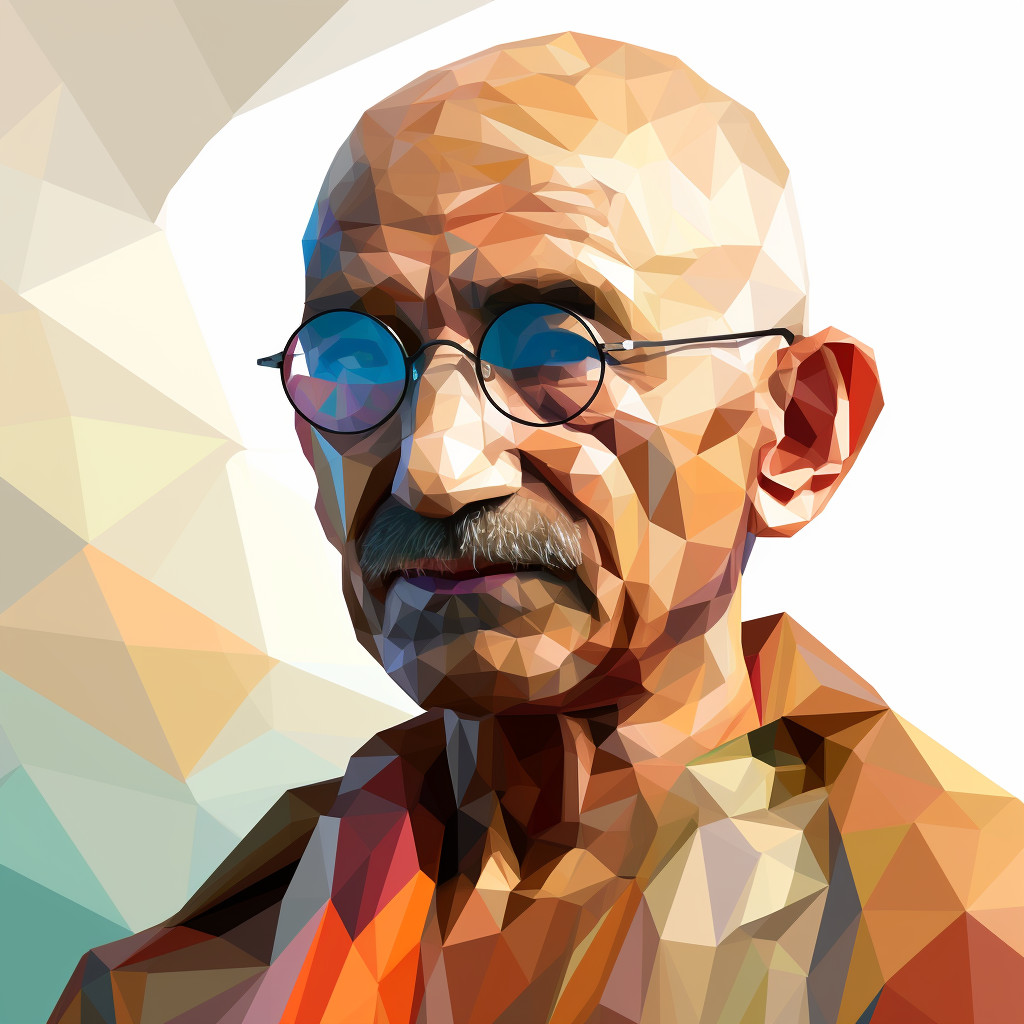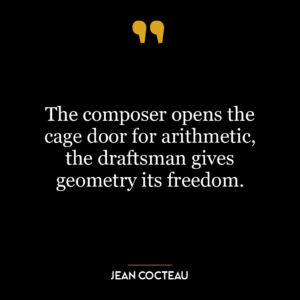This quote suggests that a key characteristic of a true democracy is the ability and freedom for each individual to form their own thoughts and opinions. It emphasizes on the importance of independent thinking and individualism in a democratic society. The quote also implies that education plays a crucial role in fostering this ability to think independently. It’s not just about the right to vote or express an opinion, but also about being equipped with the knowledge and skills to form that opinion in the first place.
In the context of today’s world, this quote could be interpreted as a call for more emphasis on critical thinking in education. In the age of information overload and fake news, the ability to think for oneself, to discern fact from fiction, and to form one’s own informed opinions is more important than ever. It’s not enough to just passively receive information; we need to actively engage with it, question it, and make our own judgments.
In terms of personal development, the idea of thinking for oneself can be seen as a call for self-reliance and intellectual independence. It’s about not relying on others to form our opinions for us, but instead taking the initiative to educate ourselves, to question what we’re told, and to form our own beliefs and values. This can lead to a greater sense of self-confidence and autonomy, as well as a more nuanced and critical understanding of the world around us.
Furthermore, thinking for oneself is not just about forming opinions, but also about making decisions. In a true democracy, as in life, we are often faced with choices, and the ability to think for ourselves helps us to make those choices in a way that aligns with our own values and beliefs, rather than simply following the crowd or doing what we’re told. This is an essential skill for personal growth and self-empowerment.





